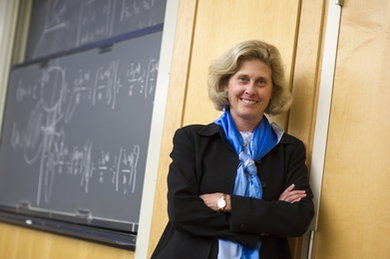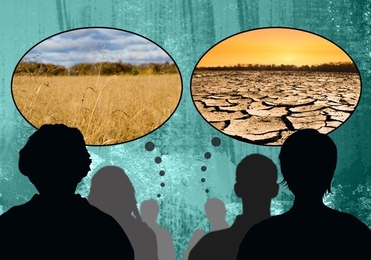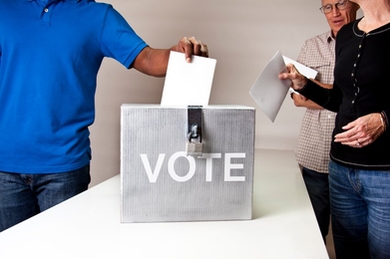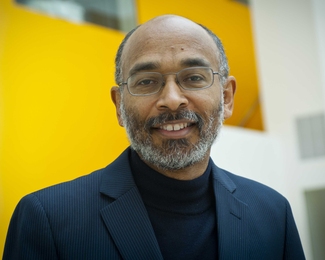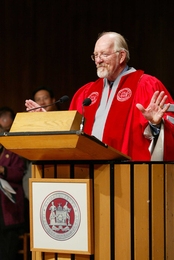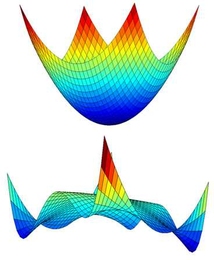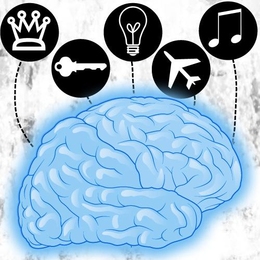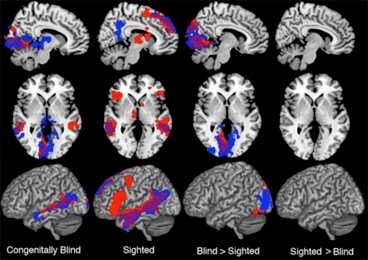Search Stories
How to get the message across on climate change
As the science of climate change gets clearer, the public gets more confused. Are there ways to fix that?
What it takes to make every vote count
MIT hosts Voting Technology Project conference to reinvigorate public discussion on election integrity.
How to reverse general anesthesia
Neuroscientists find that Ritalin could help bring surgical patients out of surgery much more quickly, with less grogginess.
3 Questions: The Institute Chaplain on religion at MIT
How does a community such as MIT balance scientific inquiry and faith?
Simple security for wireless
Researchers demonstrate the first wireless security scheme that can protect against “man-in-the-middle” attacks — but doesn’t require a password.
Revealing water’s secrets
Experiments support controversial theory about how water behaves in confined spaces, providing insights for biology and manufacturing.
After almost 20 years, math problem falls
MIT researchers’ answer to a major question in the field of optimization brings disappointing news — but there’s a silver lining.
When four is not four, but rather two plus two
MIT neuroscientists redefine the limits of visual working memory.
Explained: Measuring earthquakes
How do scientists measure jolts such as the recent disaster in Japan? Hint: They don’t use the Richter scale.
Energy Conference spotlights military's green energy
Student-led event featured assessments of non-fossil energy's future from leaders in industry, defense and research
Parts of brain can switch functions
In people born blind, brain regions that usually process vision can tackle language.
Ask a linguist: Q&A with David Pesetsky
Professor, AAAS fellow discusses 'Universal Grammar,' relationship between language and music
Explained: Transiting exoplanets
How astronomers learn whether a planet is habitable by observing slight changes in light emanating from its parent star.
